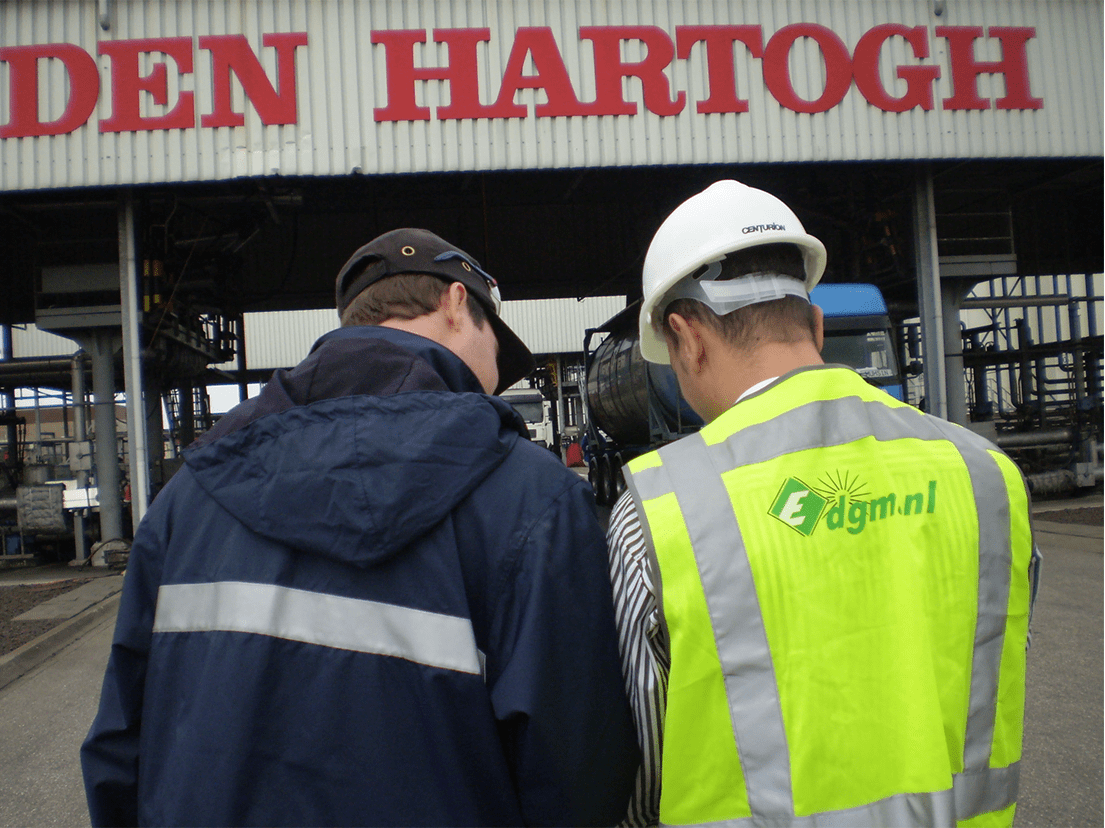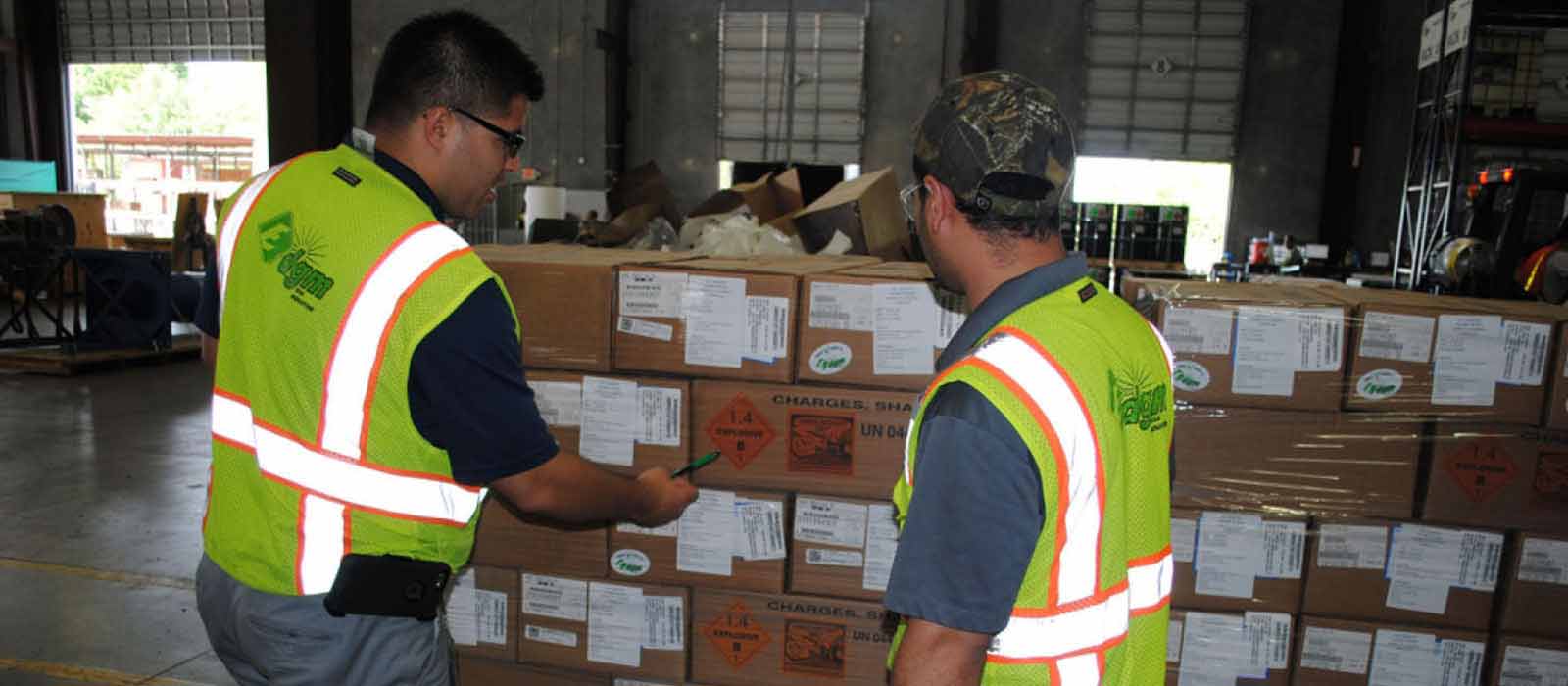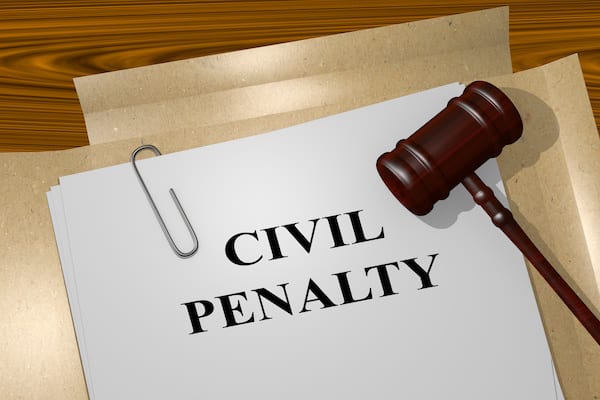Dangerous Goods Consulting
Solving Dangerous Goods Transport Issues WorldwideAre You Complying With All Dangerous Goods Requirements?
Between the Department of Transportation, the Federal Aviation Administration, International Civil Aviation Organization and the Department of Defense, there are literally thousands of regulations governing the shipment of dangerous goods. And with the regulations constantly changing, it is hard to keep up or stay on top these changes if dangerous goods is not your core business. However, following these regulations is critical when ensuring the safety of the public, the environment and those who transport dangerous goods. Incorrectly packing or labeling can lead to hefty fines and even worse, fatalities.
Any materials, hazardous or non-hazardous, shipped by your company must be prepared for transport in accordance with the various regulatory requirements. DGM can help to identify what materials are hazardous in transportation, and then help you formulate an action plan to ensure your shipments are properly prepared. The DGM consulting staff, along with our operations team, have over 30 years of experience in the transport of hazardous materials via all modes of transportation, and understand the real world demands in correctly handling hazardous materials.



Avoid Civil Penalties
Civil Penalties for Violating Hazardous Materials Regulations
A “civil penalty” is the formal term used in 49 CFR to denote a fine. As you can see in Appendix A to Subpart D of Chapter 107, the government may subject people to this penalty for a great many offenses. There are a few overarching categories for these offenses:
- General requirements (e.g., failing to register as an offeror and pay the registration fee, failing to provide initial or recurrent training to employees)
- Offeror requirements that apply to all hazardous materials (e.g., offering dangerous goods for transport without shipping papers or required packaging and labeling, providing incorrect emergency response information on a shipping paper)
- Offeror requirements that apply to specific hazardous materials (e.g., offering unapproved explosives for transport, offering untested lithium batteries for transport)
People found guilty of committing just one of these offenses may have to pay thousands. 49 CFR 107.329 states that the maximum civil penalty for a single violation is $78,376.
However, this does not apply to violations that result in “death, serious illness or severe injury to any person or substantial destruction of property.” In these cases, the maximum penalty more than doubles to $182,877.
DGM has the expertise required to assist your company in compliance with the various regulatory agencies governing the transportation of dangerous goods around the world. DGM is known for expert advice regarding the transportation of hazardous materials, regardless if you are shipping ground, air or ocean.
Consulting Services
- Program Reviews and System Audits
- Safety & Security of DG During Storage, Handling and Transportation
- SDS/MSDS Transportation Classification
- Risk Assessments and Mitigation Expertise
- Road Safety (49 CFR)
- DG Policy and Procedures Development
- Conduct Dangerous Goods Event Investigations, Reporting, and Legal Support
- Proper Classification of Customer Materials for Transport
- Manage Baggage Discrepancy Reporting Programs
- Liaison with Competent Authorities for Dangerous Goods-related issues
- Provide Requests for Special Permits or Regulatory Interpretations from PHMSA, FAA etc.
- Support/Development of Customer’s Dangerous Goods Training Programs
Why DGM?
- Expert Knowledge & Experience
- Lower Cost Than Internal Resources
- Short/Long Term Managed Costs
- DG is Not Your Core Business
- Internal Resources Too Focused on Operations
Got Questions?
Contact us to see if our DGM Consulting Services are a good fit for your hazardous transportation needs.
